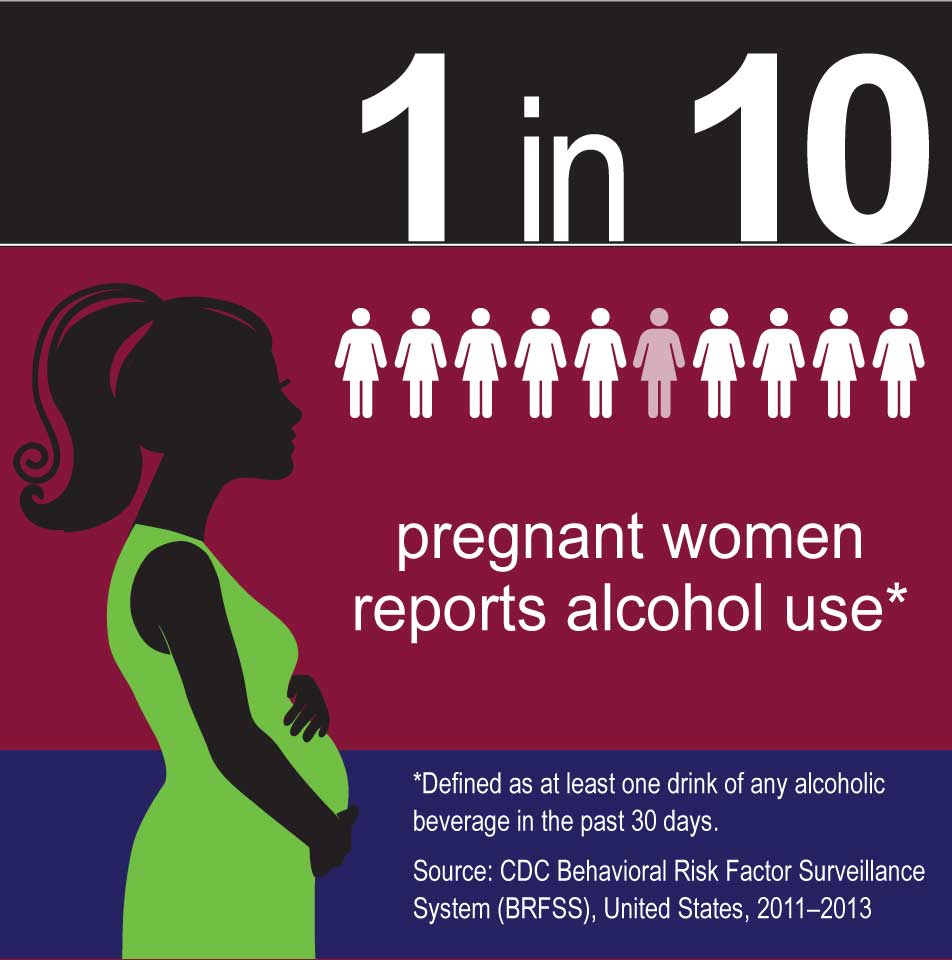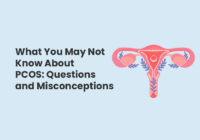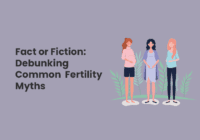When you’re planning to grow your family, it’s normal to strive to be as healthy as possible. Embarking on this new chapter while trying to get pregnant is a significant motivation to make better lifestyle choices.
Both men and women are encouraged to examine their health habits before trying to conceive. As you may already know, lifestyle factors such as alcohol and smoking have a significant impact on fertility. They’re also often the first habits people are curious about as they start planning for parenthood.
We’ve rounded up some of the most frequently asked questions we get about how alcohol and smoking affect fertility.
Why should I stop drinking if I’m not yet pregnant?
Given that alcohol intake is not safe at any stage in pregnancy, it’s recommended that women monitor their drinking habits if they think there’s a chance they could be pregnant. Some women choose to lower their alcohol intake preemptively or stop drinking when trying to conceive.
According to one study, women who drank the alcoholic equivalent of 1 to 3 four-ounce glasses of wine a week were no less likely to conceive than those who abstained completely. Meanwhile, heavier drinking (the equivalent of two bottles of wine or more a week) decreases women’s fertility by 18 percent.
If you’ve been trying to conceive for a few months and are concerned about your alcohol intake, please speak with your family doctor or fertility specialist.
Do smoking and drinking affect my sperm?
Both men and women need to know that there are reproductive risks to smoking. In relation to male fertility, smoking has adverse effects such as lowering the sperm count and affecting the sperm’s normal swimming patterns. For men, it takes 64 days for a full sperm regeneration cycle and sperm takes about three months to mature. So by changing their lifestyle habits, men can mitigate long term damage to sperm. Since men produce new sperm every day, sperm will be healthier soon after they stop smoking. For this reason, men should quit smoking a few months before trying to conceive.
Just like soon-to-be moms, future dads should also monitor their drinking habits. Excessive alcohol intake decreases sperm quality and quantity in men. It also lowers testosterone levels, reduces libido, and causes impotence, all of which can be barriers to conceiving. Similar to smoking, men who stop heavily drinking can improve the health of their sperm pretty quickly. After all, strong and mobile swimmers will increase the chances of conception and a healthy baby.
Does smoking have a long-lasting impact on women’s fertility?
The short answer: yes. The toxins and chemicals found in cigarettes are known to speed up the rate of egg loss. Since women are born with all their eggs, you can’t reverse previous damage that might have affected eggs’ quality and quantity. Additionally, smoking and secondhand smoking are both linked to early menopause. The more cigarettes you smoke each day, the higher your risk of facing issues while trying to conceive. According to research by the American Society for Reproductive Medicine, women who smoke decrease their chance of getting pregnant each month by 50 percent.
Deciding to quit smoking is not an easy feat. Set yourself up for success and speak with your family physician. They can help you decide on the best course of action for quitting smoking before pregnancy.
If you think that you or your partner’s current or previous smoking or drinking habits may be impacting your ability to conceive, we’re here to help. Each family’s pathway to fertility is unique and we can happily address any concerns you might have about your lifestyle habits. Download our patient form here to get started.










